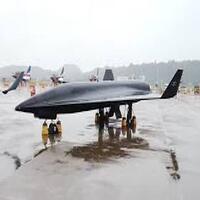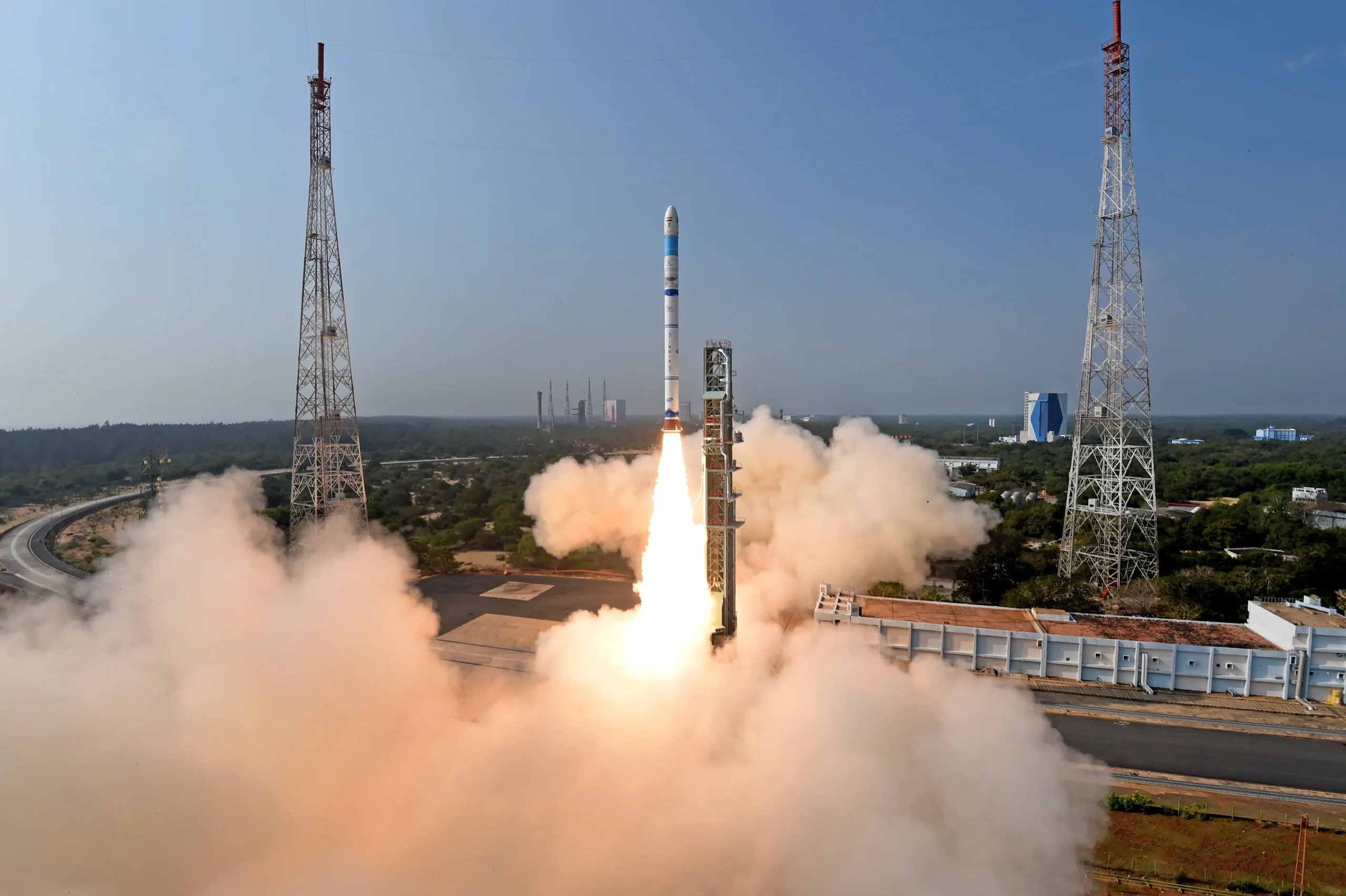
DRDO’s Development of Superior Shoulder-Fired Missiles: Outpacing the US FIM-92 Stingers
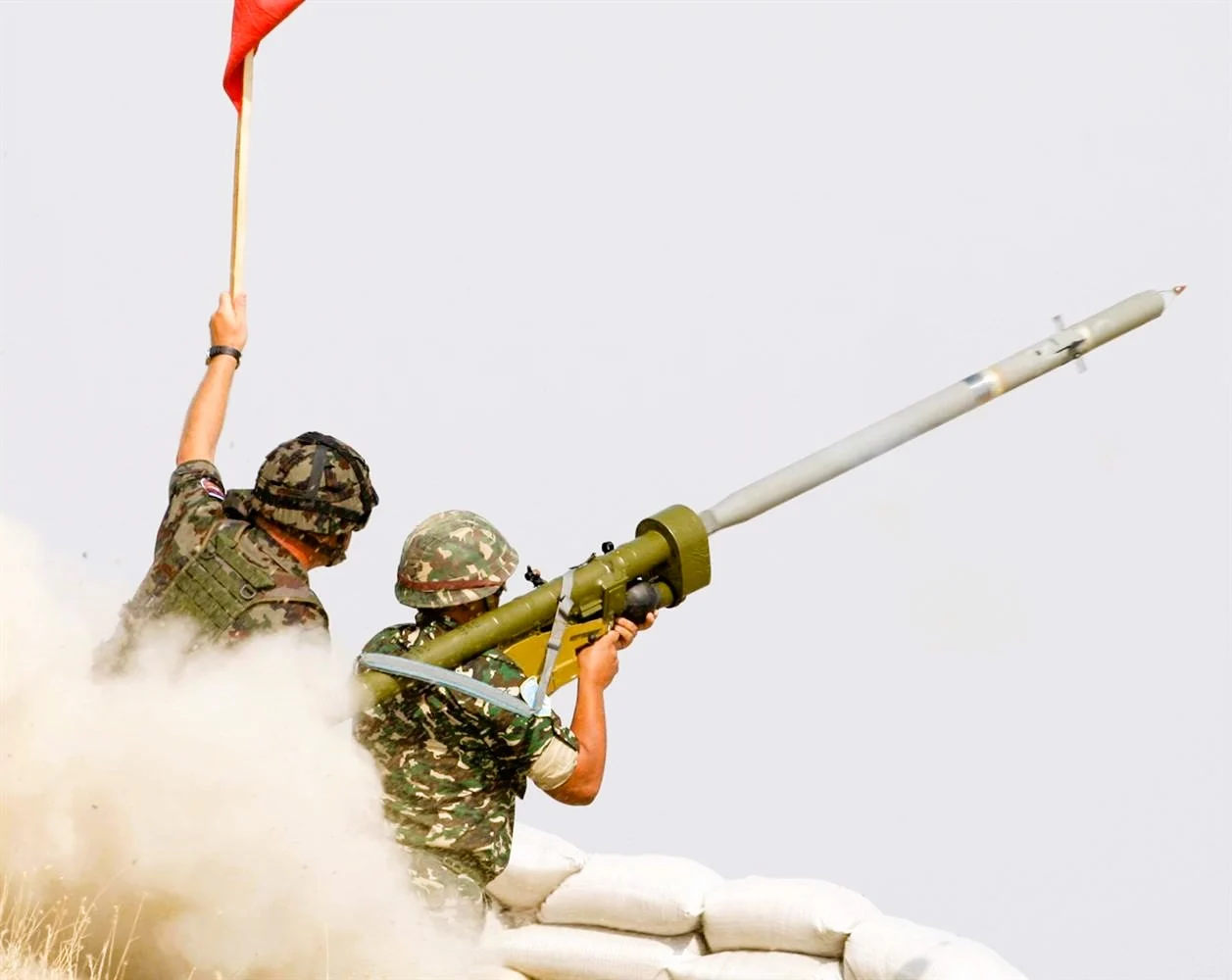
India’s Defense Research and Development Organization (DRDO) has long led the way in the development of military technology. Their latest project is to develop shoulder-fired missiles that are supposed to be more powerful than the well-known US FIM-92 Stingers. This development establishes DRDO as a key player in the international arms market and marks a robust advancement in India’s defense capabilities.
Also Read: HAL Speeds Up Tejas Fighter Jet Production to boost India’s Defense.
Also Read: The Air-Breathing Hypersonic Technology Test by ISRO in July 2024: A Significant Advancement in Aerospace Innovation
Missiles Fired from the Shoulder
In contemporary combat, shoulder-fired missiles, often known as Man-Portable Air-Defense Systems (MANPADS), are essential. These lightweight, surface-to-air missiles are very effective against low-flying aircraft and can be launched by one person or a small group. Because of its reputation for accuracy, reach, and user-friendliness, the US FIM-92 Stinger has long been regarded as one of the best in this class. The goal of DRDO’s latest project is to create a missile system that not only satisfies these requirements but surpasses them.
Need for Advanced Missile Systems
India’s geopolitical environment demands strong defenses. Modern weapons are necessary due to the ongoing threat posed by nearby enemies and the requirement for effective counterterrorism tactics. Even if they work well, traditional air defense systems can be difficult to install quickly. Shoulder-fired missiles are essential for contemporary military operations because they offer a quick and adaptable response option.
In order to build these sophisticated shoulder-fired missiles, DRDO is utilizing both indigenous innovation and indegenous technologies. DRDO hopes to develop a missile system that outclasses the FIM-92 Stinger in every way by concentrating on a few critical areas.
Improved Accuracy and Range
Increasing the missile’s effective range and accuracy is one of the main objectives. The DRDO missile’s precision-guided technology and upgraded propulsion systems allow it to hit targets more accurately and at longer ranges. By doing this, dangers can be eliminated before they become close enough to be physically felt.
Enhanced Target Acquisition
With the addition of advanced electro-optical and infrared sensors, the new system enables improved target acquisition under a variety of circumstances. These sensors guarantee that the missile can lock onto its target as soon as possible, regardless of the time of day or night or cloud cover. This improvement is essential to preserving air superiority and safeguarding ground troops.
Lightweight and Portable
The missile from DRDO is made to be more lightweight and portable than its competitors. Soldiers can carry and deploy items more easily as a result, which improves their mobility and operational effectiveness in the different challenging terrains. Because of the utilization of cutting-edge composite materials, the missile’s performance and durability are not jeopardized by the weight decrease.
FIM-92 Stinger
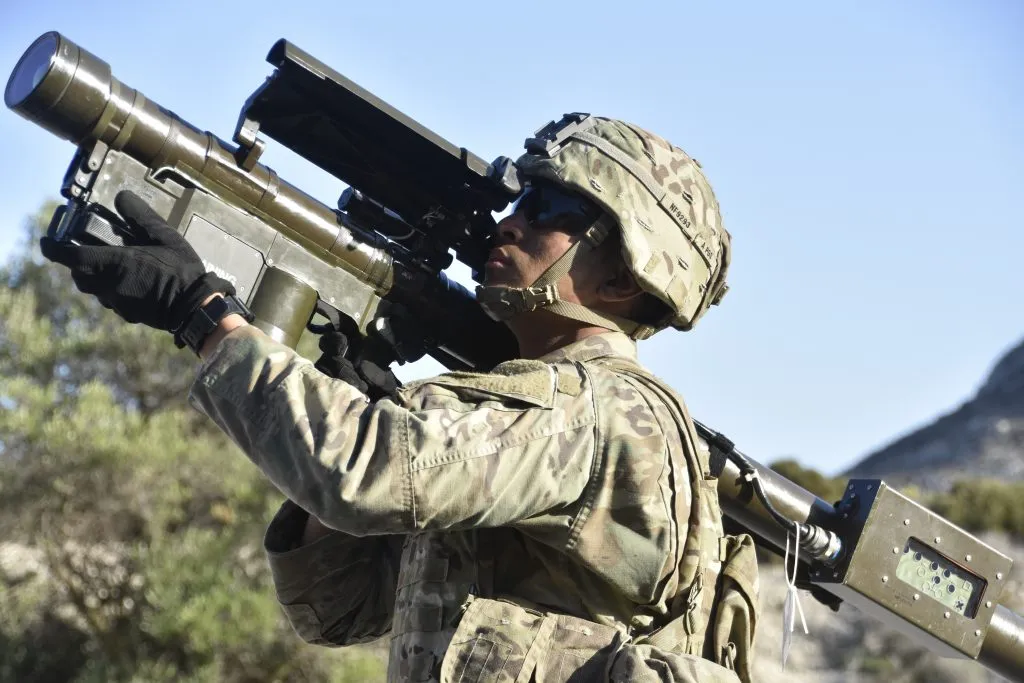
The FIM-92 Stinger from the United States has raised the bar for shoulder-fired missiles. It can attack targets flying as high as 3,800 meters and has a range of about 8 kilometers. The missile developed by DRDO, however, seeks to exceed these requirements.
Enhanced Range and Speed
The missile developed by DRDO is anticipated to outrange the Stinger by more than ten kilometers. The missile is also designed to fly at a pace that minimizes adversary aircraft reaction times, hence improving the chances of a successful intercept.
Advanced Navigation System
The Stinger has a passive infrared seeker, whereas the missile from DRDO features a dual-mode seeker that can detect both ultraviolet and infrared light. The improved target tracking and engagement that this dual-mode guidance system provides even in areas with substantial countermeasures.
Adaptability and Versatility
The new missile system can be installed on a variety of platforms, such as military ships and land vehicles. Because of its adaptability, it may be included into many defensive plans and offer complete defense against aerial attacks.
Development and Testing
This cutting-edge missile system was developed through a painstaking procedure that included several stages of testing, development, and refining.
Prototype
Very Short Range Air Defence System (VSHORADS) missile was successfully tested against high speed unmanned aerial targets under different interception scenarios on 28th and 29th Feb 2024 off the coast of Odisha@DefenceMinIndia@SpokespersonMoD pic.twitter.com/yvMsYxGW2M
— DRDO (@DRDO_India) February 29, 2024
The scientists and engineers of DRDO started by thoroughly examining the state of the art in missile technology and pinpointing areas in need of development. In order to achieve strict performance specifications, the missile had to go through several iterations during the prototyping process.
Field Testing and Evaluating
A crucial stage in the missile testing process is field testing, in which the missile is go through actual situations to gauge its performance. These experiments replicate a range of operational situations, such as diverse terrains, meteorological patterns, and target categories. The information gathered from these tests is utilized to improve the missile’s capabilities and design.
Strategic Implications
India stands to gain significantly from the development of a shoulder-fired missile system that is better than the FIM-92 Stinger from a strategic standpoint.
India can more effectively defend its ground forces and airspace with an upgraded missile system. Enhancing national security and discouraging possible adversaries are two benefits of being able to swiftly and efficiently neutralize airborne threats.
Robust Defense Capabilities
India’s defense capabilities are strengthened by this project, increasing its self-sufficiency in defense sector. Diminishing dependability on foreign defense systems is consistent with the government’s ‘Make in India’ campaign and bolster domestic technological progress.
Enhanced Worldwide Reach
India can gain more clout in the international arms market by creating and even selling these cutting-edge missile systems. This helps the economy and establishes India as a major participant in global defense cooperation.
India’s dedication to developing its defense technology is exemplified by DRDO’s efforts to create a shoulder-fired missile system that is more advanced than the US FIM-92 Stinger. With improved accuracy, range, and versatility, this new missile system should offer better defense against aerial threats. This breakthrough has significant strategic ramifications, strengthening national security and establishing India as a pioneer in military innovation. India’s defense capabilities appear solid and promising going forward as long as DRDO keeps testing and improving this technology.
